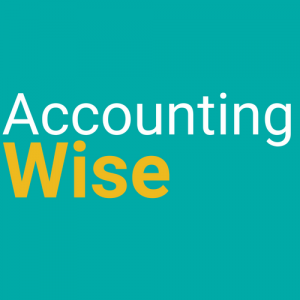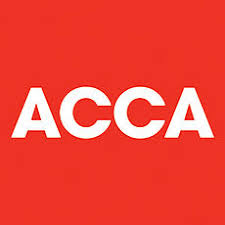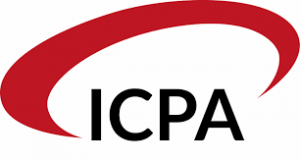 A limited company is a type of business structure that has been incorporated at Companies House as a legal ‘person’. It is completely separate from its owners, it can enter into contracts in its own name and is responsible for its own actions, finances and liabilities.
A limited company is a type of business structure that has been incorporated at Companies House as a legal ‘person’. It is completely separate from its owners, it can enter into contracts in its own name and is responsible for its own actions, finances and liabilities.
The owners of a company are protected by ‘limited liability’, which means they are only responsible for business debts up to the value of their investments or what they guarantee to the company.
A limited company must be registered at Companies House (UK registrar of companies) as ‘limited by shares’ or ‘limited by guarantee’. Limited by shares companies are owned by one or more shareholders and managed by one or more directors. Limited by guarantee companies are owned by one or more guarantors and managed by one or more directors.
The same person can be the owner and director, so you can set up a company by yourself or with other people.
Get in contact today if you are looking for a Limited Company Accountant to help with your Limited Company Accounting.










